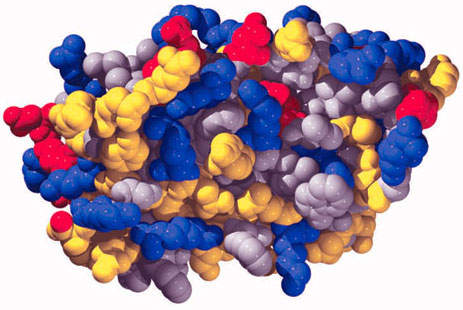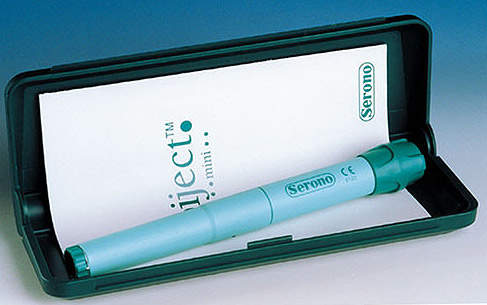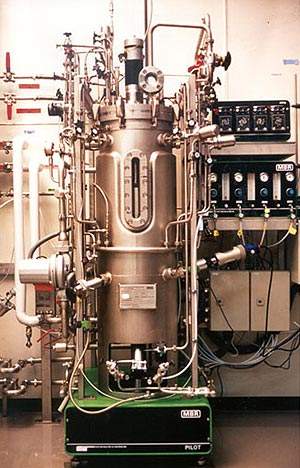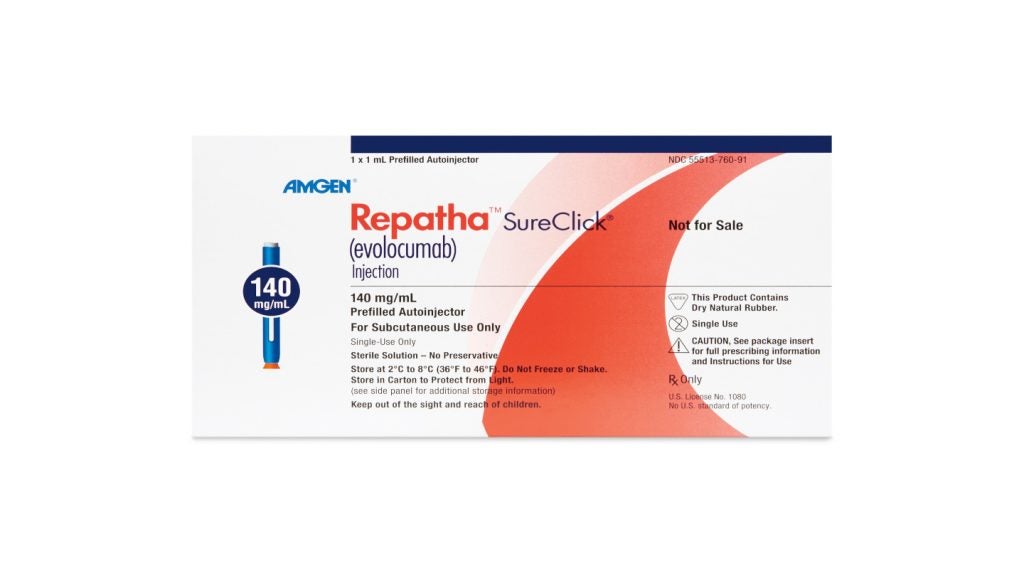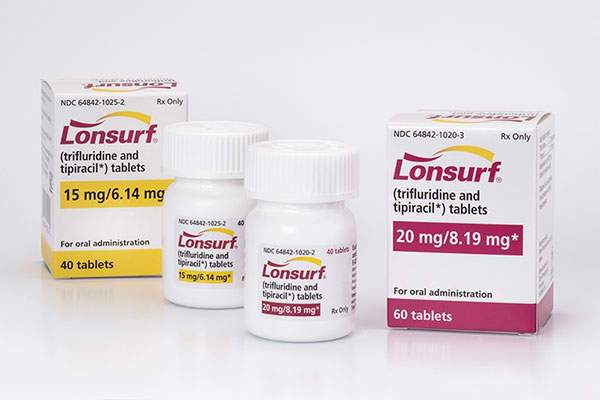The product of a joint development programme between IVAX Corporation and Serono, Mylinax, a proprietary oral formulation of cladribine, is a novel therapy for the treatment of multiple sclerosis (MS).
Mylinax has now entered advanced-stage development, which if successful could see the introduction of the first oral disease-modifying treatment for patients with MS.
New drugs needed for MS
Estimates suggest that about 2.5 million worldwide people have MS, an inflammatory disease of the nervous system characterised by recurrent relapses followed by periods of remission. After trauma, it is the second most common neurological disability to affect young and middle-aged adults. It affects twice as many women as men, with the relapsing forms of MS the most common.
Patients with MS display a range of symptoms which arise from demyelination in the central nervous system (CNS), including the brain, spinal cord and optic nerves.
While symptoms vary between patients, they commonly include blurred vision, slurred speech, numbness or tingling in the limbs and problems with balance and coordination, due to the loss of control over vital functions such as seeing, walking and talking.
The advent of the first generation of disease-modifying drugs, which include interferon beta-1a and 1b as well as glatiramer acetate, represented an important advance in the treatment of MS when introduced into clinical practice.
Approved for the treatment of relapsing forms of MS, they reduce the frequency and severity of exacerbations as well as the number of lesions seen on magnetic resonance imaging (MRI).
However, while these agents have an immunomodulatory effect that alters the course of the disease they do not reverse the neurological damage that occurs in MS. Currently, no marketed treatments for MS can produce remyelination and so treatment aims to:
- Reduce relapse rates
- Prevent fixed disability directly associated to relapse
- Provide symptomatic management of fixed neurological deficits
- Prevent disability arising from disease progression.
Despite recent advances in treatment, there remains a need for more efficacious drugs for MS and especially for primary progressive MS, the most aggressive form of the disease.
Multiple sclerosis treatment franchise
Serono is already an established force in the market for MS treatments with Rebif (interferon beta-1a), its marketed treatment for relapsing MS, and Novantrone (mitoxantrone), marketed in the US for clinically worsening secondary progressive and relapsing-remitting MS.
As potentially the first oral disease-modifying treatment for MS, Mylinax is seen as an important addition to Serono’s portfolio of MS drugs. It is an oral form of the drug cladribine. This purine nucleoside analogue is a lymphocytotoxic agent that interferes with the behaviour and proliferation of certain white blood cells (leukocytes), particularly lymphocytes.
Lymphocytes are believed to mediate the damage to the protective myelin sheath of nerve cells seen in multiple sclerosis. In clinical trials using injectable cladribine, treatment of MS patients resulted in reductions in the development of new brain lesions as seen on MRI scans as well as clinical benefits.
Mylinax advances to phase III development
Following promising preliminary results with injectable cladribine in MS patients, the oral formulation Mylinax is now undergoing extensive evaluation in a phase III trial involving 1,200 patients with relapsing forms of MS.
The two-year double-blind, placebo-controlled, multi-centre study, scheduled to begin in early 2005, will assess the impact of treatment on clinical relapse rates, disability progression and brain lesions.
The inclusion of disability progression as one of the primary efficacy endpoints in this trial is important because MRI scans and lesion counts do not always reflect the true state of health of MS patients.
Marketing commentary
Multiple sclerosis is a chronic and disabling disease, with healthcare costs disproportionate to the numbers affected. In the US alone, costs are estimated to exceed $10bn per year. The introduction of interferon beta-1a revolutionised treatment for many patients with MS and fuelled the growth of the worldwide market for MS therapies.
Currently available disease-modifying agents have to be given parenterally, necessiating either daily or weekly injections depending on the medication. The availability of an oral disease-modifying agent would represent a significant advance for patients with relapsing MS. Of the oral disease-modifying agents currently in clinical development, Mylinax is well placed to be the first to market.

